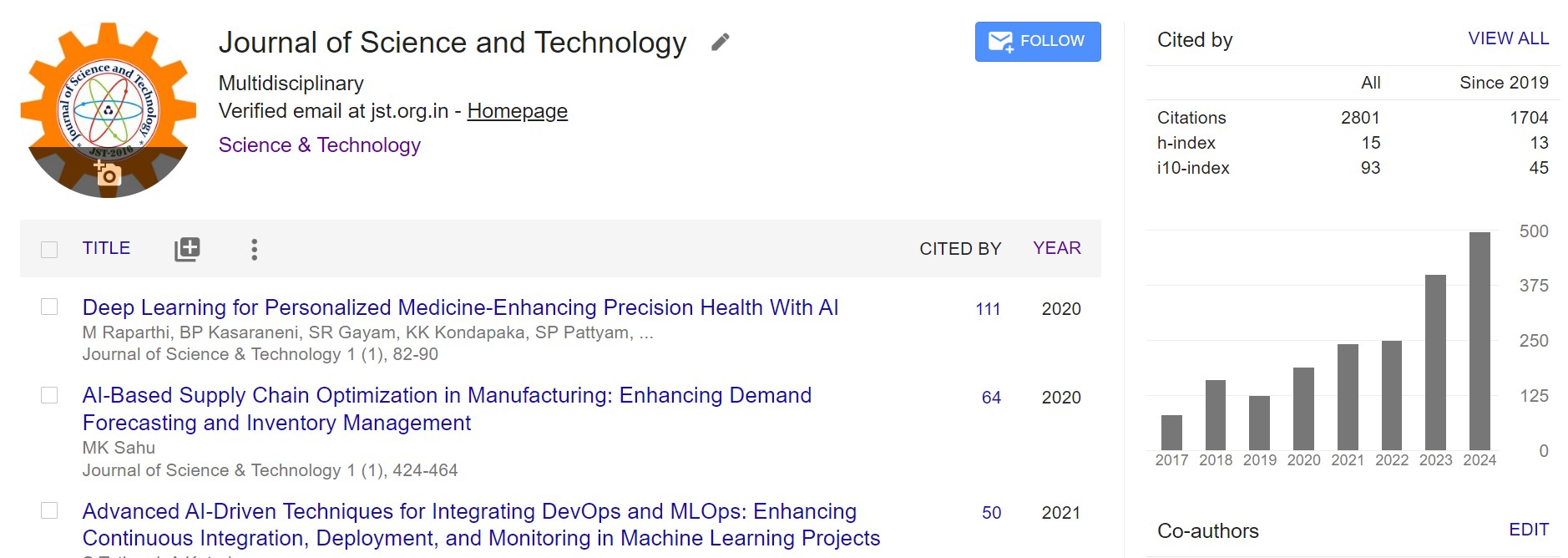AI-Powered Data Processing for Advanced Case Investigation Technology
Keywords:
Internet traces, Investigative decision-making,, Law enforcement technology,, hreat modeling, Gaussian Naive Bayes, Decision Tree Classifier, andom Forest Classifier,, Cross- validation,, Hyperparameter tuning,, Bias mitigation.Abstract
Investigative technology has advanced significantly across industries with the introduction of AI- powered data processing into case investigations. The purpose of this study is to determine how predictive analysis and dataset analysis enabled by artificial intelligence can improve the effectiveness and accuracy of investigative processes. Investigators may concentrate on complicated tasks and strategic decision-making by using AI's ability to swiftly evaluate large datasets and find minor correlations, which helps in the detection of fraudulent or illegal activity. This research attempts to determine the best accurate and dependable models for forecasting the outcomes of crimes by analyzing and contrasting the performance of machine learning models such as Gaussian Naive Bayes, Decision Tree Classifier, and Random Forest Classifier. Furthermore, by using methods like cross-validation and hyperparameter adjustment, the research minimizes overfitting problems and improves model performance. In addition to highlighting the advantages and difficulties of using AI in case investigations, the study also emphasizes how speed, accuracy, and resource allocation can all be improved. The research is heavily reliant on ethical factors, such as data privacy and bias reduction. The results highlight a paradigm change in the methods of investigation, improving the legal, corporate security, and law enforcement domains' capacity to deal with complicated cases. By offering a thorough analysis of machine learning models and showcasing the revolutionary potential of AI in case investigation technology, this study advances the discipline.






















